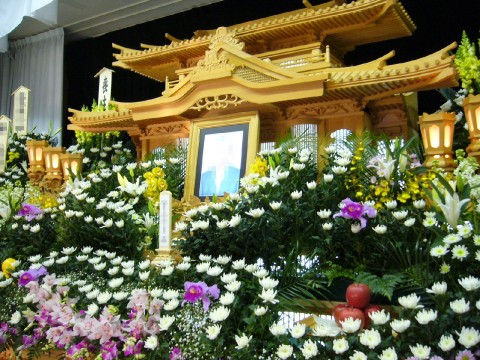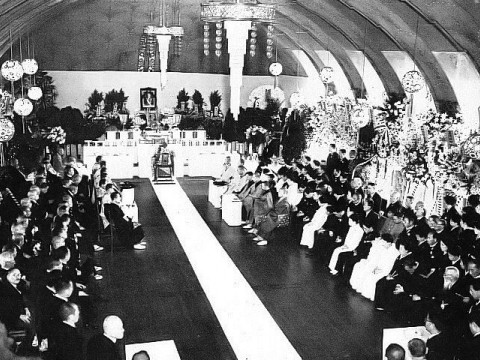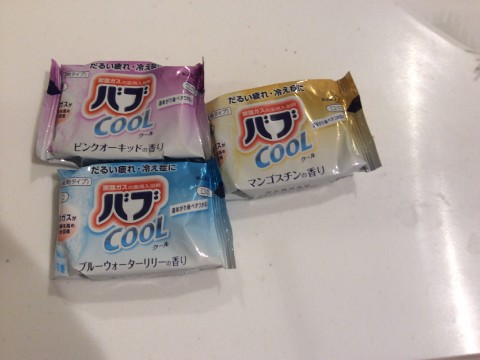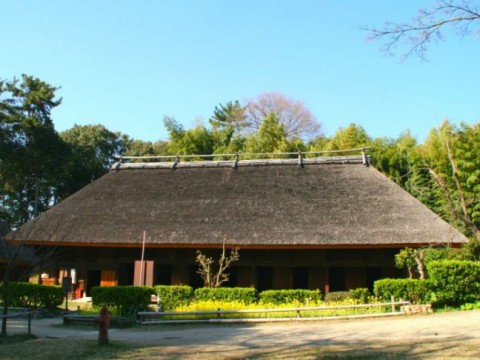Know your Receipts in Japan!
The Ryoshusho Culture in Japan is Dire to Smooth Relations with your Accounting Team
Are you in Japan on business and working with a Japanese firm? Will you be taking your clients out for a meal?
Recently I have been doing some consulting work for one of Japan’s eminent Chinese cuisine restaurants, Ginza Aster, and I learned that many of the international clients are confused by the receipt culture in Japan. Like most other good eateries in Japan, the Ginza Aster staff will always inquire if you need a Ryoshusho as you pay your bill. Ryoshusho and Receipt both actually refer to a receipt but in my mind, the Ryoshusho is closer to a “proof of payment” document. If you are having a business meal, you would definitely want to get a Ryoshusho so here is my attempt at explaining how this works.
First, let me say, I completely understand the confusion!
Since beginning my corporate experience 27 years ago solely in Japanese companies, I always moan and groan about the details involved in reimbursement from accounting for meals with clients that could be expensed. Over time and with many wallet breaking “learning” experiences, I came to understand that taxation differs for meals that are under 5000 yen per person. Now you can understand why many corporate dinners with clients are ordered as set meals that have drinks included for under 5000 yen per person. This is a smart way to handle it.
In Japanese companies, we always had to get pre-approval of any client meal if it was over a certain amount (the amount rules will vary by company) and if it were an after-the-fact reimbursement request we would need to report who went, the purpose of the event and provide an official receipt or “Ryoshusho”. Yup, if you work in corporate Japan, you have definitely heard this word.
I was very lucky to work in two firms that were really strict about receipt compliance (it drove me crazy at the time though) because I learned how careful firms must be in terms of entertainment expense (Kosai-hi). My theory is that the Ryoshusho importance comes from Japan being a “seal” based system instead of signature-based. I was even instructed to stamp my seal on the back of taxi receipts to help accounting know I had made sure to check and approve each and every slip before submission at the end of the month.
Don't Try to Process your Expense with a Regular Receipt!
So, official seals on the Ryoshusho and receipts make them valid and in-house process friendly. I have always been in sales and this involves meals and teatime meetings with clients on a regular basis. Per proper etiquette, I would usually try to pay for both parties if I had requested the meeting and Japanese companies I worked with always agree on this being the proper way to interact with important clients.
BUT!! And here comes the really important caveat! If I brought the regular receipt (the one issued straight from the register) back to the office in hopes of reimbursement, hmmmm, never gonna happen! During your first months or maybe year at the firm, your accounting head will be nice and come over to your desk and patiently point out that they need an official “Ryoshusho” to process the reimbursement. They might even be kind enough to have someone in accounting go back to the restaurant or coffee shop and request issuance of the type of receipt they need for the first few times you forget or dismiss the rule. But watch out!! If you continue to forget to have the correct one issued, you can be in for some interesting “learning” experiences.
That is why I now truly appreciate restaurants like Ginza Aster that will always ask if you are in need of the official “Ryoshusho”. For a busy marketing professional, this can be the question that saves you another trip back to the same place on a later date!
Albeit, staying in a Japanese company for a longer period (maybe two or more years) will afford many new opportunities, increased trust, responsibility and respect, there is also a lot of unspoken expectation for you to know the system and respect the rules. This expectation actually gets stronger as you stay longer because accounting will now expect you to be one enforcer and teacher of the rules, not one who tries to shirk the details and let someone else handle it.
Once when I was general manager of our sales department and we had a growing number of clients in India, I went to this amazing country for a two-week business trip. During the trip, I treated a client to a nice dinner at a hotel near the Taj Mahal. Unfortunately, due to a problem with the cash register there, I was unable to get a properly signed Ryoshusho (or the closest thing to it) from the hotel staff. In lieu of the official ryoshusho I should have given it my best shot by acquiring a handwritten receipt on the hotel letterhead. I did not give the rule proper respect and just kind of hoped my accounting team would let it slide. Well, now that I think about it that was a pretty arrogant attitude that put my accounting colleagues in somewhat of a pickle. My “learning experience” turned out to be me footing the 30,000 yen bill ☹ . That hurt!
In most Japanese companies, the accounting section is literally UNABLE to process a reimbursement for expenses without a receipt. The required Ryoshusho (not the usual receipt from the register) includes the name of the your company (because you are paying on behalf of your company), the type of payment, and has all the information of the establishment with the orange or red ink seal of the person who actually issued the ryoshusho at the restaurant. It also clearly shows the date and the amount.
One of the most important parts of the Ryoshusho is that it has the seal of the person who issued it. If that is not shown, there is a good chance your accounting section will ask you to take the receipt back and get the stamp. After a few re-visits to restaurants, I found out that you can pretty easily take the regular receipt back to the restaurant and they will kindly issue you a ryoshusho even a few days after the actual meal.
Everyone involved in this process is always very cooperative but if your accounting team feels you are somehow being lazy about the receipt or not giving the rule proper respect….. you are in for some very picky follow up on everything you try to process. So….take the advice of a veteran salesperson who has been able to thrive and benefit from the support of her accounting team, don't take the rules lightly and don't shrug off the importance of the Japanese ryoshusho system. It might seem like a lot of hassle, but when everyone works together, your in-house admin can run like a well-oiled machine.
Ginza Aster is one place that will always remind you at the register :)
http://www.ginza-aster.co.jp/shop/index.html

Former Deep Japan Writer














